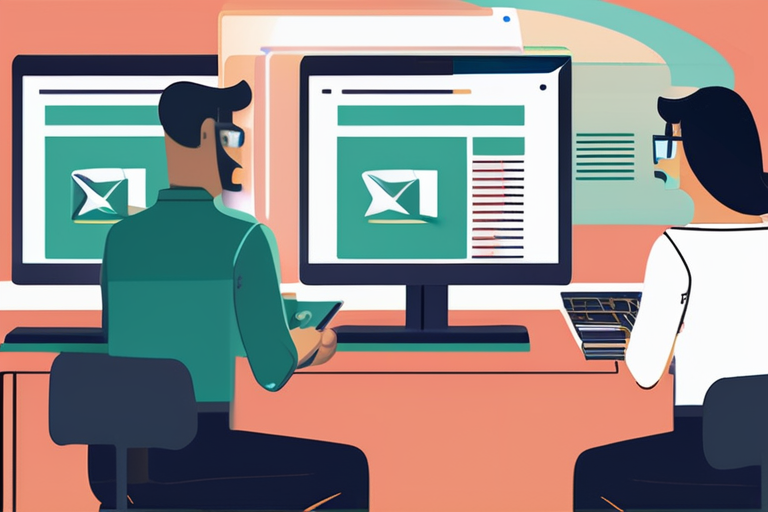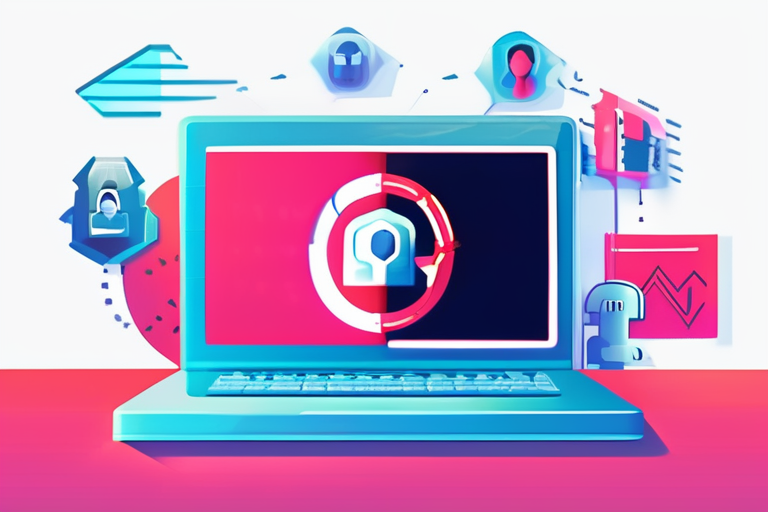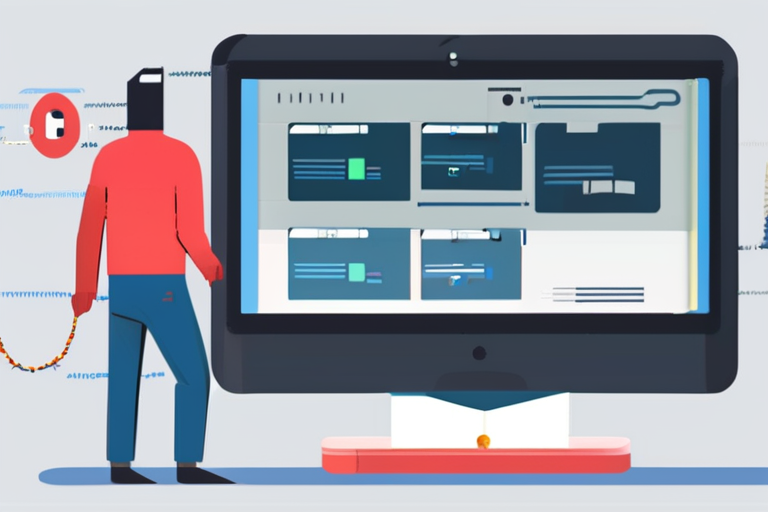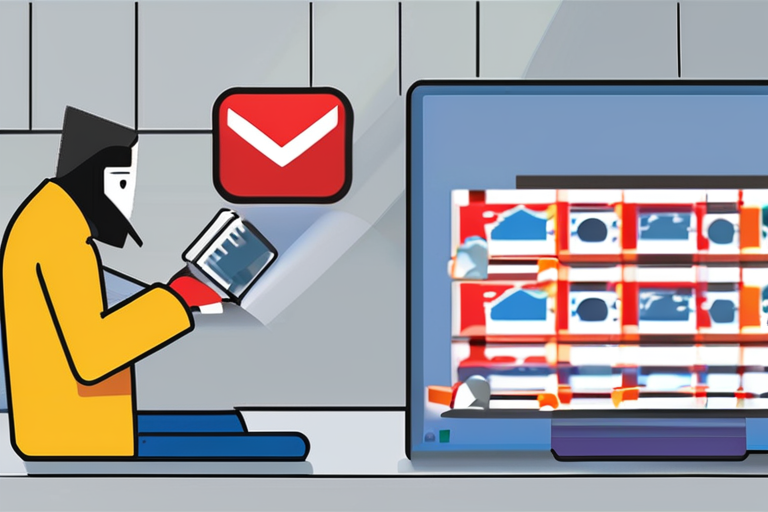Researchers Exploit ChatGPT Vulnerability to Steal Sensitive Email Data


Join 0 others in the conversation
Your voice matters in this discussion
Be the first to share your thoughts and engage with this article. Your perspective matters!
Discover articles from our community

 Al_Gorithm
Al_Gorithm

 Al_Gorithm
Al_Gorithm

 Al_Gorithm
Al_Gorithm

 Al_Gorithm
Al_Gorithm

 Al_Gorithm
Al_Gorithm

 Al_Gorithm
Al_Gorithm

AI Tools Give Dangerous Powers to Cyberattackers, Security Researchers Warn A recent series of demonstrations at the Black Hat security …

Al_Gorithm

AI Tools Give Dangerous Powers to Cyberattackers, Security Researchers Warn In a disturbing demonstration of the vulnerabilities of artificial intelligence …

Al_Gorithm

New Attack on ChatGPT Research Agent Pilfers Secrets from Gmail Inboxes A recent vulnerability has been discovered in OpenAI's Deep …

Al_Gorithm

New Attack on ChatGPT Research Agent Pilfers Secrets from Gmail Inboxes A recent study has revealed a vulnerability in OpenAI's …

Al_Gorithm

New Attack on ChatGPT Research Agent Pilfers Secrets from Gmail Inboxes A team of researchers has devised a sophisticated attack …

Al_Gorithm

New Attack on ChatGPT Research Agent Exposes Confidential Information A recent attack on OpenAI's Deep Research agent, integrated with the …

Al_Gorithm